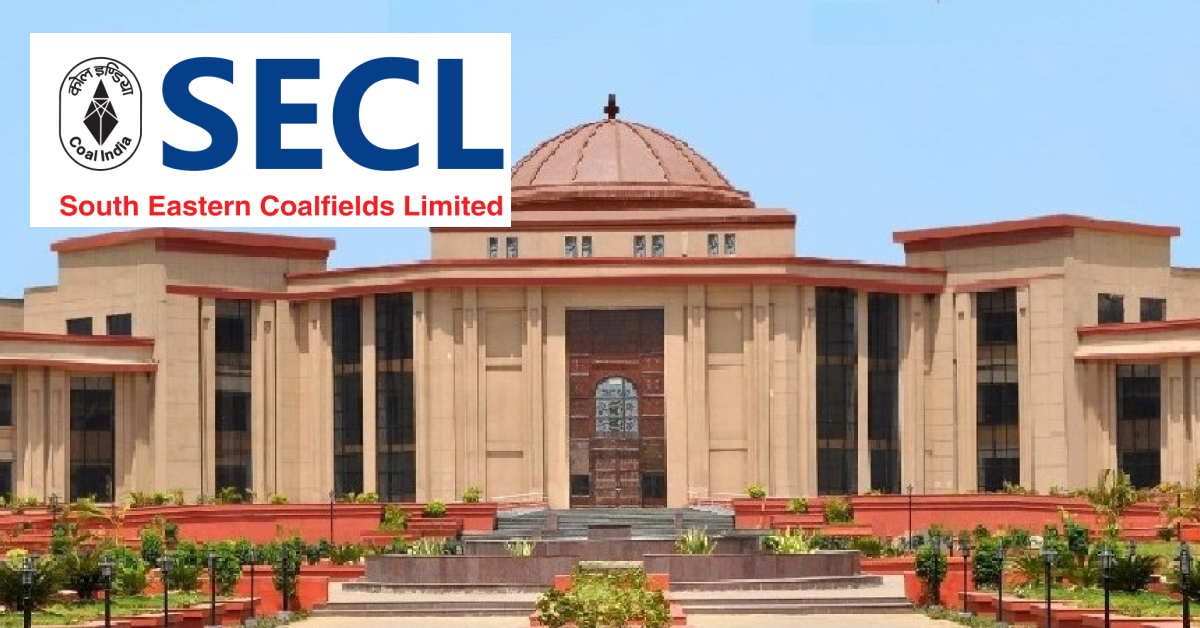Key Highlights of the Case
The dispute stemmed from delays in a project initiated in 1994. SECL awarded a ₹22.44 lakh contract to M/s S.K. Minerals, which faced 9-month delays attributed to heavy rains, delayed forest clearance, and site handovers. Despite completing the project on April 30, 1995, the final bill was withheld due to alleged procedural lapses. The claimant's plea for arbitration emerged from SECL's refusal to resolve the matter, even after a 30-day notice under the Arbitration and Conciliation Act, 1996.
Arbitration Ruling Restored
The Sole Arbitrator awarded M/s S.K. Minerals ₹2,59,536 with 9% simple interest from 1995 to 2021 and ₹1,47,203 excluding interest. Additionally, a future interest of 9% was granted, alongside ₹1 lakh towards costs. The arbitrator upheld that the delay in the final bill preparation was attributable to SECL, stating, "Claimant’s assertion of the claim in 2006 was legitimate as SECL failed to deny or process the payment despite repeated reminders."
The Commercial Court of Naya Raipur set aside this award, citing patent illegality and conflicts with public policy. However, the High Court, led by Justices Rajani Dubey and Bibhu Datta Guru, reinstated the award.
High Court’s Observations
The court criticized the Commercial Court for exceeding its limited jurisdiction under Section 34 of the Arbitration Act. It reaffirmed that arbitral tribunals are the masters of evidence, emphasizing, “Findings of fact by arbitrators should not be scrutinized as if the court is sitting in appeal.” Citing the Supreme Court's judgment in Punjab State Civil Supplies Corp. v. Sanman Rice Mills, the court reiterated that arbitral awards are only subject to interference when they violate fundamental Indian policies or natural justice. In this case, the High Court declared, “The question of limitation was duly considered and decided by the Sole Arbit rator, as directed in earlier proceedings. Revisiting this was a gross judicial overreach.”
Significance for Arbitration in India
The judgment underscores the judiciary’s commitment to upholding arbitration as a viable alternative to litigation. It sends a clear message: Courts must respect the autonomy of arbitration awards, intervening only in exceptional cases. By reinstating the award, the High Court safeguarded the principles of fairness, justice, and judicial restraint.
Industry Implications
This decision reinforces trust in arbitration, particularly for infrastructure and commercial entities like SECL. As public-sector disputes often involve significant delays, the ruling highlights the necessity of adhering to arbitration clauses and expediting resolutions.
This case is a critical reminder of the delicate balance courts must maintain in reviewing arbitral decisions, ensuring that arbitration remains a cornerstone of India’s dispute resolution framework.
This ruling marks another step toward strengthening India's arbitration-friendly reputation globally.
Read The Judgment Here
keywords: chhattisgarh high court, arbitration dispute resolution, secl contract case, sole arbitrator award, commercial arbitration in india, arbitration and conciliation act, arbitral tribunal authority, contractual dispute resolution.

